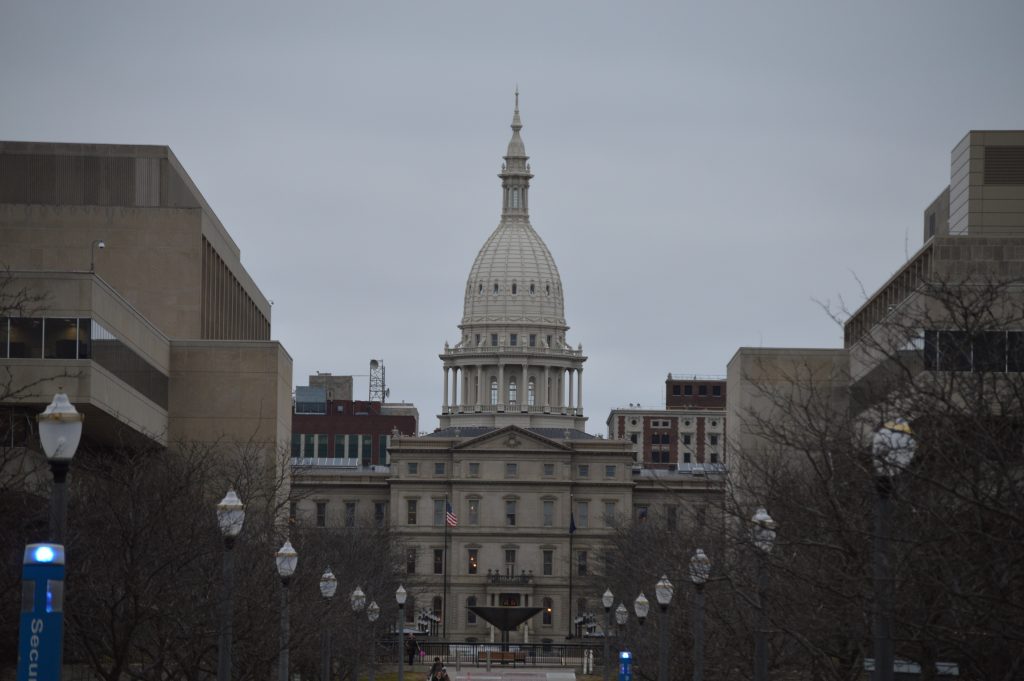Is national polarization changing the way states legislate?
State legislatures, as opposed to Congress, are often “the main threat to American democracy” as they’re more likely to strip voting rights from citizens, according to a political science professor.

Michigan State Capitol building in Lansing, MI in January, 2018.
America is a country of states, and the country’s Constitution specifically distributes a lot of power to those political entities. This is so true that it has encouraged the idea that the American states are laboratories of democracy. This idea promotes the belief that states have a lot of power to learn from each other, and often adopt the best policies from one another.
But what happens when the country grows more polarized, as is happening right now? Are neighboring states adopting the best policies from one another, or are America’s nationalized parties dictating their legislative agenda? One political scientist argues that states are not learning from one another, but are, rather, adopting policies based on the state legislature party’s national agenda.
“It’s actually a really unequal setting for politics to happen at the state and local level.” — Jake Grumbach, political science professor
Listen: How national polarization is making state politics much less representative.
Guest
Jake Grumbach is an associate professor of political science at the University of Washington and author of the book, “Laboratories Against Democracy: How National Parties Transformed State Politics.” He says state and local political participation is dictated by people who are much whiter, wealthier and older than the average citizen.
“It’s actually a really unequal setting for politics to happen at the state and local level,” says Grumbach.
Trusted, accurate, up-to-date.
WDET strives to make our journalism accessible to everyone. As a public media institution, we maintain our journalistic integrity through independent support from readers like you. If you value WDET as your source of news, music and conversation, please make a gift today.
